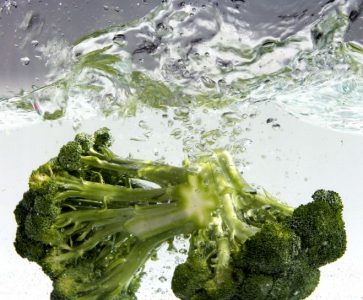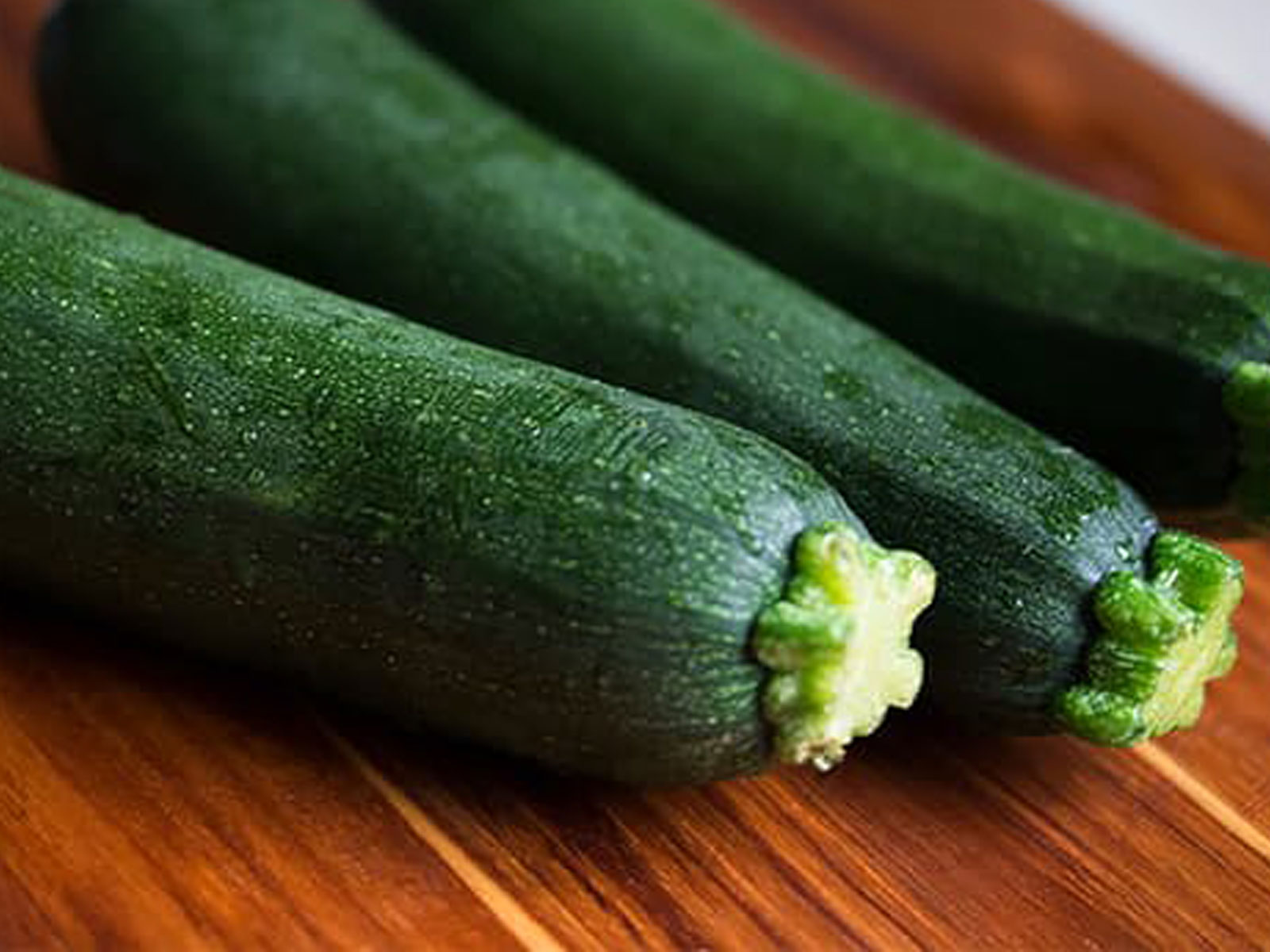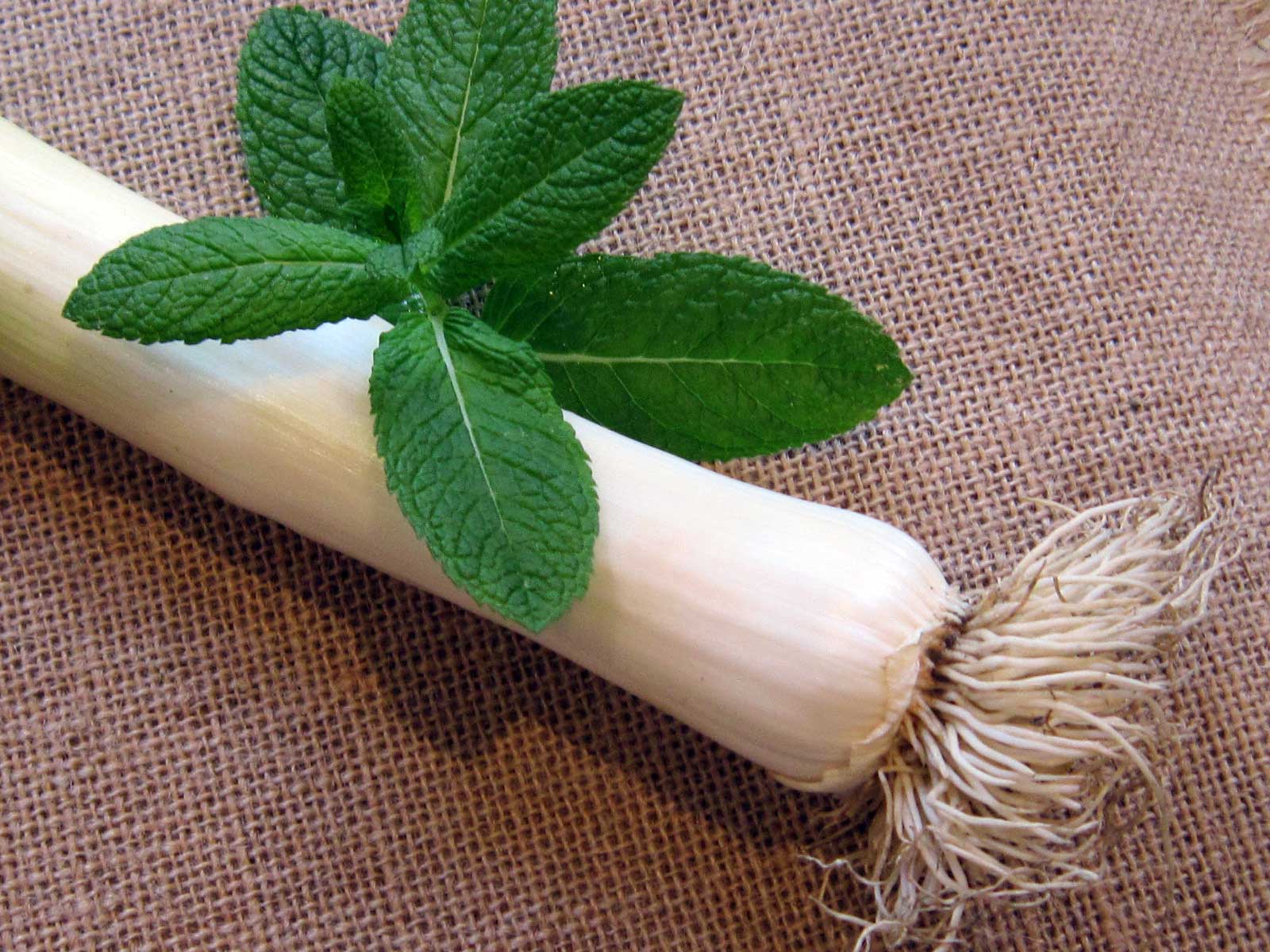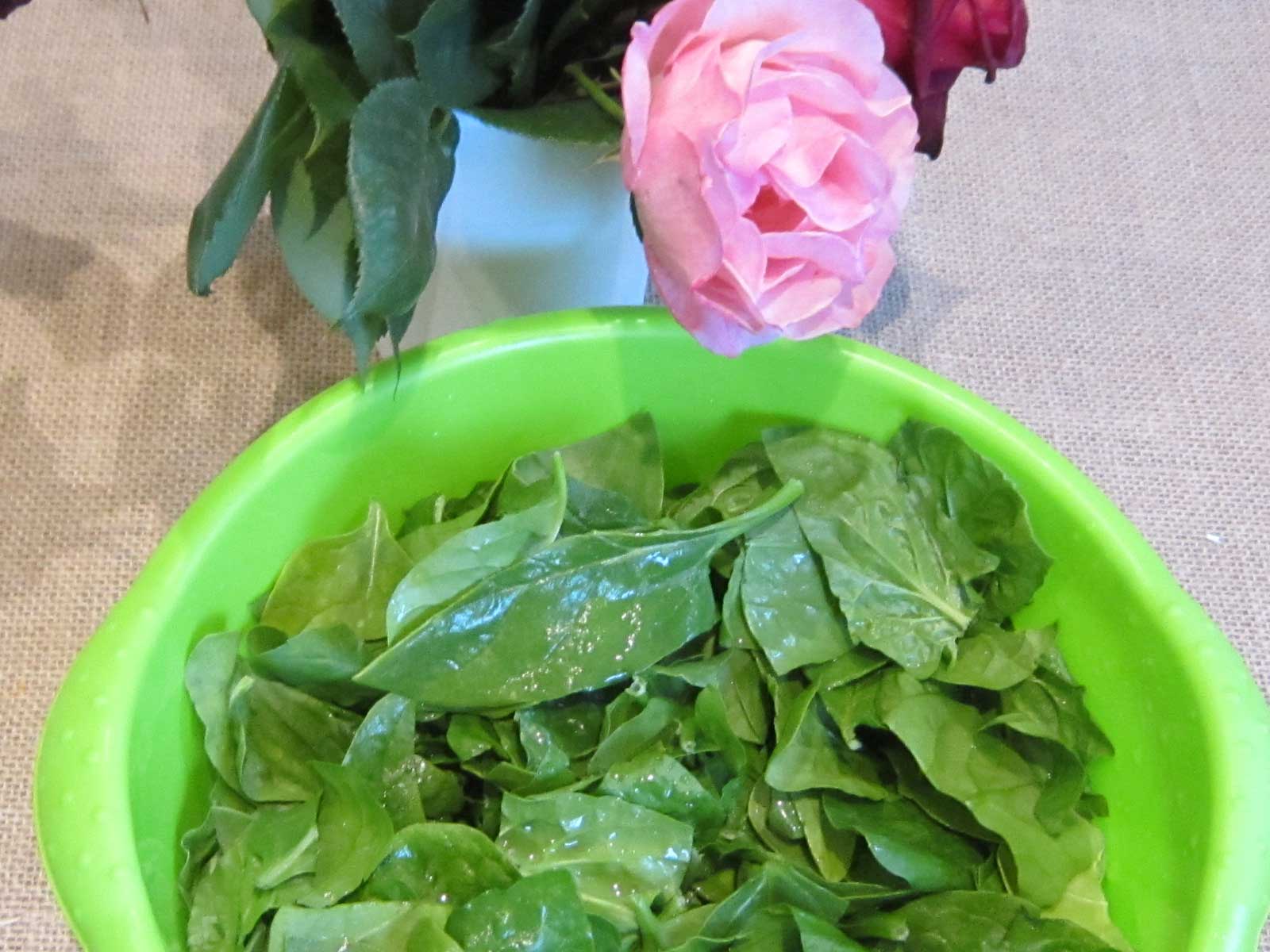Benefits
Broccoli is ranked amongst the most nutritious of all the vegetables. It is a member of the cabbage family (Brassicaceae or Cruciferae), along with cauliflower, cabbage, kale, garden cress, and bok choy,
Osteoporosis
Broccoli is an excellent vegetable to add to your diet if you suffer with osteoporosis. Ongoing tests are finding that the vitamin K in broccoli helps to increase bone density which in turn reduces the risk of fractures. It is estimated that adults require 1 mcg of vitamin K per day per kilo of body weight. 100 grams of fresh broccoli contains approximately 145 mcg of vitamin K. This is almost double the daily requirement for an 80 kg adult.
As well as its vitamin K content, broccoli has high levels of the calcium necessary for strong bones. It also contains other nutrients that help to strengthen bones such as magnesium, zinc and phosphorous.
Cholesterol
Packed with fibre even when powdered, it binds with bile acids when eaten. This helps the body to excrete cholesterol before it can cause too much damage.
Arthritis
Broccoli contains a chemical called sulforaphane. This chemical can help to block the enzymes that accelerate joint destruction and inflammation.
Sight
As we get older our eyesight often degenerates. Broccoli is rich in beta-carotene, vitamin A, and phosphorous, all of which help in repairing and often preventing macular degeneration, cataract and damage done by electronic screens and sunlight.
Cardio Vascular Disease
The biggest killer of humanity in modern times, cardio vascular disease is in many cases avoidable with a good diet. Broccoli is a vegetable that you should include in your diet if you have any heart condition or circulatory problems. Broccoli contains sulforaphane, one of the isothiocyanates. It keeps blood vessels healthy and free from inflammation.
The high fibre content can help to regulate your blood pressure as well.
So all round it makes sense to get broccoli in to your daily diet.
| INFO | How to use | |
| Fresh Weight | 100 Grams | · Freshly steamed
· In soups and stews · Powdered and added to energy drinks
|
| Dried Weight | 12 Grams | |
| Daily Portion (Dried) | 9 Grams | |
| 80 gms Daily Portion (Powder) | 3 teaspoons (15 ml) | |
| Prep Time | 20 minutes | |
| Drying Time | 10-12 hours | |
| Drying Temperature | 135 | |
| Health Benefits | Contains antioxidants, enzymes, vitamins and minerals. Helps reduce cholesterol. Low in calories. High fibre. | |
How to Dehydrate Broccoli
Equipment
- Sharp knife
- Plastic bowls
- Colander
- Cutting Board
- Food Wash
Watch my video on vegetable preparation on YouTube.

Preparation
Start by cutting off the thick stem just below where the florets start to branch off it. You can dry this part but it takes a lot longer unless you chop it up into very small pieces. It has the same nutritional content and can be powdered as well.
Cut the top into small bite size pieces.
Soak in ACV wash for about five minutes before dehydrating.
Drying
Spread on dehydrator trays and dehydrate for approximately 10 to 12 hours at 135 degrees. Must pass the clunk test when done.
Storage
Store in sealed containers in a dark area and add oxygen absorbers to help keep the contents dry.
Conditioning
Conditioning is a process of making sure that whatever you have dried has as little moisture as possible in it. It’s a simple process and involves mixing or shaking to redistribute the dried food to make sure it is completely dry. Do this once a day over a few days. If you notice any mould this means they either were not dried sufficiently, or the container was already contaminated.
Tip: If I am making powder I usually do this immediately after the broccoli comes out of the dehydrator as I find that is when it is at its driest.




